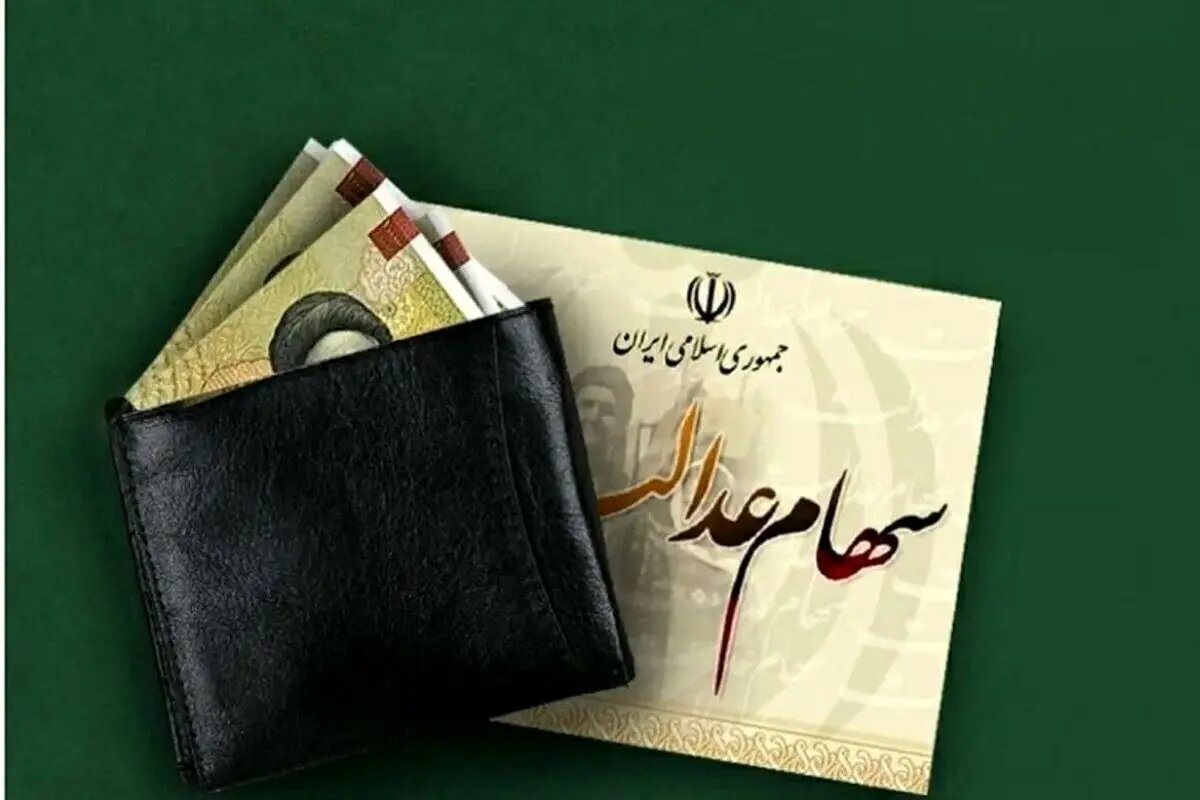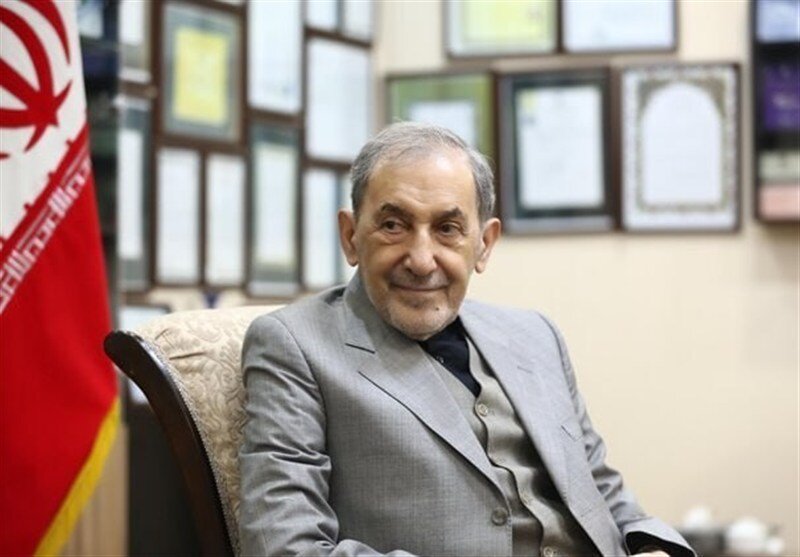Protesters arrested outside High Court as Palestine Action fights UK terror ban
Protesters arrested outside High Court as Palestine Action fights UK terror ban

Police in London arrested protestors opposing the ban on Palestine Action outside the High Court on Wednesday, as lawyers representing the co-founder of the group argued against the UK government's decision to designate it a terrorist organisation.
Holding placards that read "I oppose genocide, I support Palestine Action" and silver heat blankets, dozens stood behind the Royal Courts of Justice in Central London as the long-awaited judicial review into the UK government's ban on the direct-action group began on Wednesday morning.
A pensioner who joined the action hosted by the group Defend Our Juries was detained by the police and could be seen struggling to walk to the police van after dozens formed a line outside the court on Wednesday afternoon to oppose the ban.
Other protestors "turned floppy" when arrested and forced the police to carry them away from the court physically, with an officer holding them by each limb.
Meanwhile, inside the Royal Courts of Justice, lawyers representing Huda Ammori, one of the co-founders of Palestine Action, argued that the chilling effect of the ban was evident, citing arrests across Britain in opposition to the proscription of Palestine Action.
In opening remarks, Raza Husain KC said Palestine Action used civil disobedience and direct action to "prevent serious violations of international law by Israel against the Palestinian people" by targeting premises connected to Israeli and British arms companies selling arms to Israel.
Husain highlighted that Britain's own security assessments, produced by the government's Joint Terrorism Analysis Centre, found that Palestine Action does not "advocate for violence against persons".
"If it was a violent group, you would think the Secretary of State would rely on the violence link, which she does not," Husain said in court.
Palestine Action's lawyers noted that the Home Office's Proscription Review Group informed then Home Secretary Yvette Cooper that proscribing the group would be "'relatively novel and unprecedented' as there was no known precedent for proscription solely for serious damage to property."
In further submissions, Ammori's legal team noted that Keir Starmer had spoken to US President Donald Trump twice to discuss Palestine Action after the direct-action group targeted Trump's golf course in Scotland.
These calls took place before Cooper banned Palestine Action, with Husain highlighting that Trump had labelled the group on social media as "terrorists" long before the ban came into place.
'Long tradition of direct action'
Husain also used his opening remarks to highlight how Palestine Action sees itself as part of Britain's "long tradition of direct action", citing the suffragettes as inspiration.
"The Suffragettes would have been liable to proscription if the regime had been in force at the turn of the 20th century," Husain said in written submissions.
James Eadie KC, acting for the Home Office, told the court that proscription was a necessary and proportionate measure to disrupt Palestine Action's targeting of arms companies making weapons for Israel.
He argued that Palestine Action met the threshold needed to proscribe a group as a terrorist organisation, citing the group's tactic of damaging property to disrupt the supply chain of weapons for Israel.
In written submissions, Eadie wrote that the "impact of proscription is limited to prohibiting particular activity" and not to "political speech generally".
Under current terror legislation, property damage can be deemed an act of terrorism.
The legislation states that property damage must be done to "influence" government or "intimidate" the public, and be "for the purpose of advancing a political, religious, racial or ideological cause".
Since the ban on Palestine Action, hundreds of people across the UK have faced arrest for opposing the ban on the direct-action group.
Defend our Juries, which has organised protests against the ban on Palestine Action, has vowed to continue holding actions against the ban.
The trial continues on Thursday.












